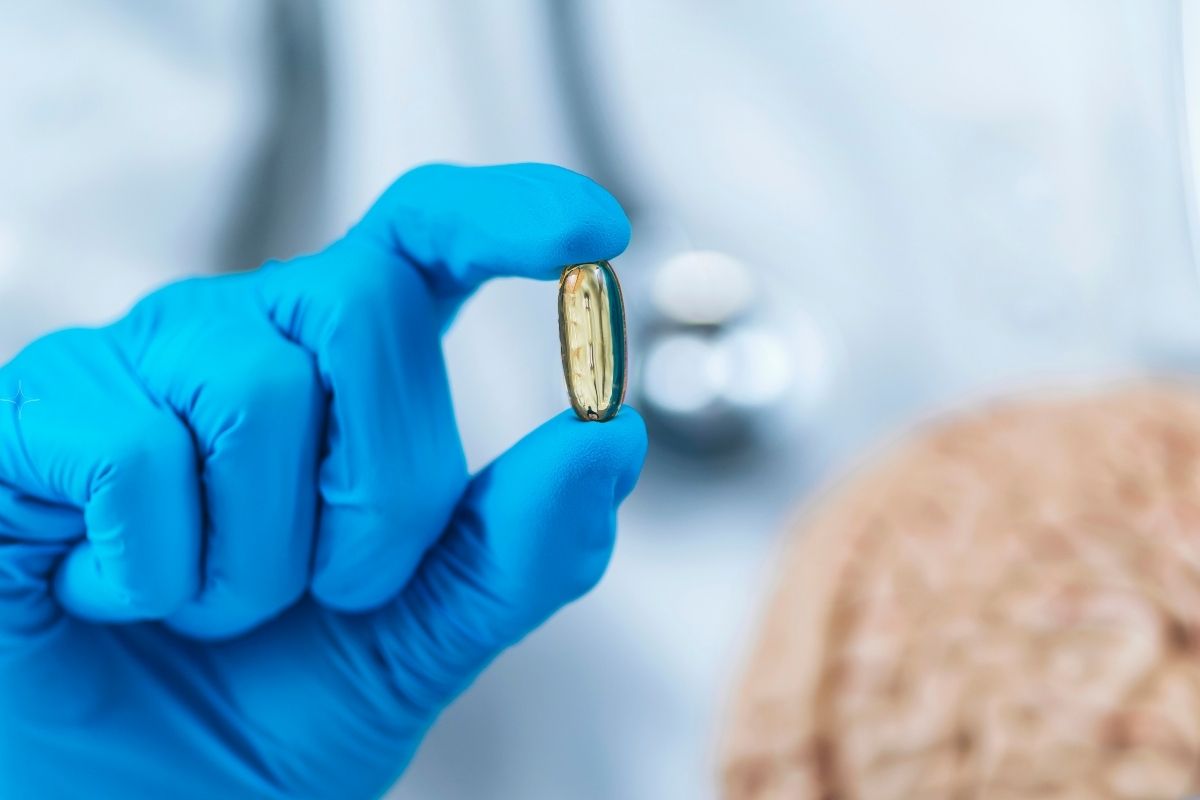Authors: Esteban Jódar, Marie Michelsen, William Polonsky, Rosangela Réa, Anna Sandberg, Tina Vilsbøll, Mark Warren, Signe Harring, Uwe Ziegler, Stephen Bain
Abstract
Aim: To assess what drives change in health-related quality of life (HRQoL) in type 2 diabetes in the SUSTAIN 6 trial and identify potential mediators of the treatment effect of semaglutide on HRQoL scores.
Materials and methods: The Short Form (SF)-36v2® questionnaire [comprising physical component summary (PCS) and mental component summary (MCS)] was used to assess changes in HRQoL from baseline to week 104, by treatment, in a prespecified analysis. This post-hoc analysis assessed change in PCS and MCS using the following factors as parameter/covariate, using descriptive statistics and linear regressions: major adverse cardiac events, hypoglycaemia, gastrointestinal adverse events, at least one episode of nausea, vomiting or diarrhoea, and change in glycated haemoglobin (HbA1c), body weight, blood pressure, heart rate and estimated glomerular filtration rate.
Results: Mean change in overall PCS score was +1.0 with semaglutide versus +0.4 with placebo, and +0.5 versus -0.2 for MCS. The treatment effect of semaglutide versus placebo (unadjusted estimate) was 0.7 [(95% confidence interval 0.1, 1.2); P = 0.018] on PCS and this was reduced when adjusted for change in HbA1c [0.4 (-0.2, 1.0), P = .167] and body weight [0.3 (-0.3, 0.9), P = .314]. The unadjusted treatment effect on MCS [0.7 (-0.0, 1.5), P = .054] was only reduced when adjusted for change in HbA1c [0.3 (-0.4, 1.1), P = .397]. When adjusting for all other parameters separately, the estimated effect of semaglutide on PCS and MCS qualitatively did not change.
Conclusions: Semaglutide improved HRQoL versus placebo; greater improvements with semaglutide versus placebo were possibly mediated, in part, by change in HbA1c and body weight. Clinicaltrials.gov: NCT01720446 (SUSTAIN 6).


